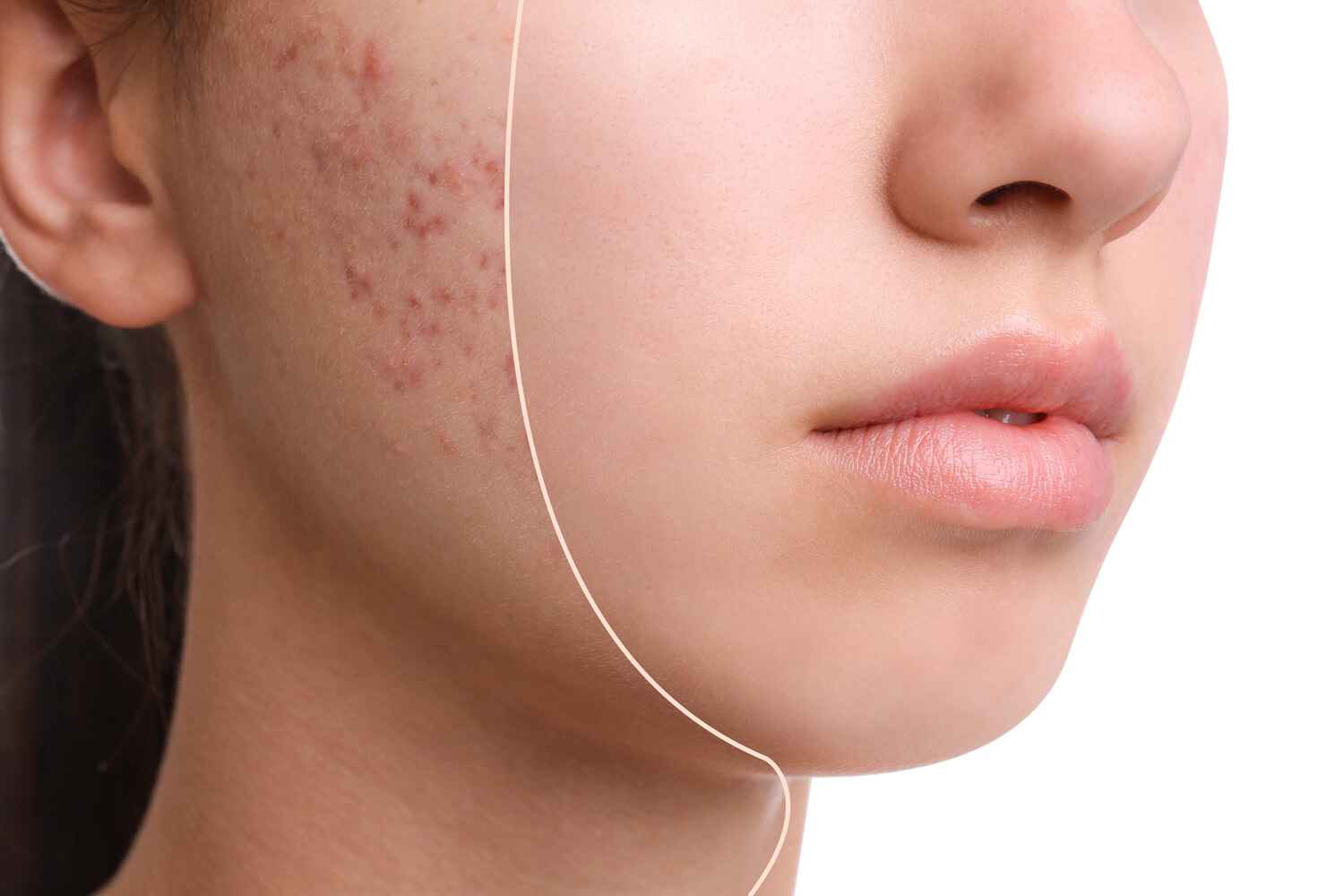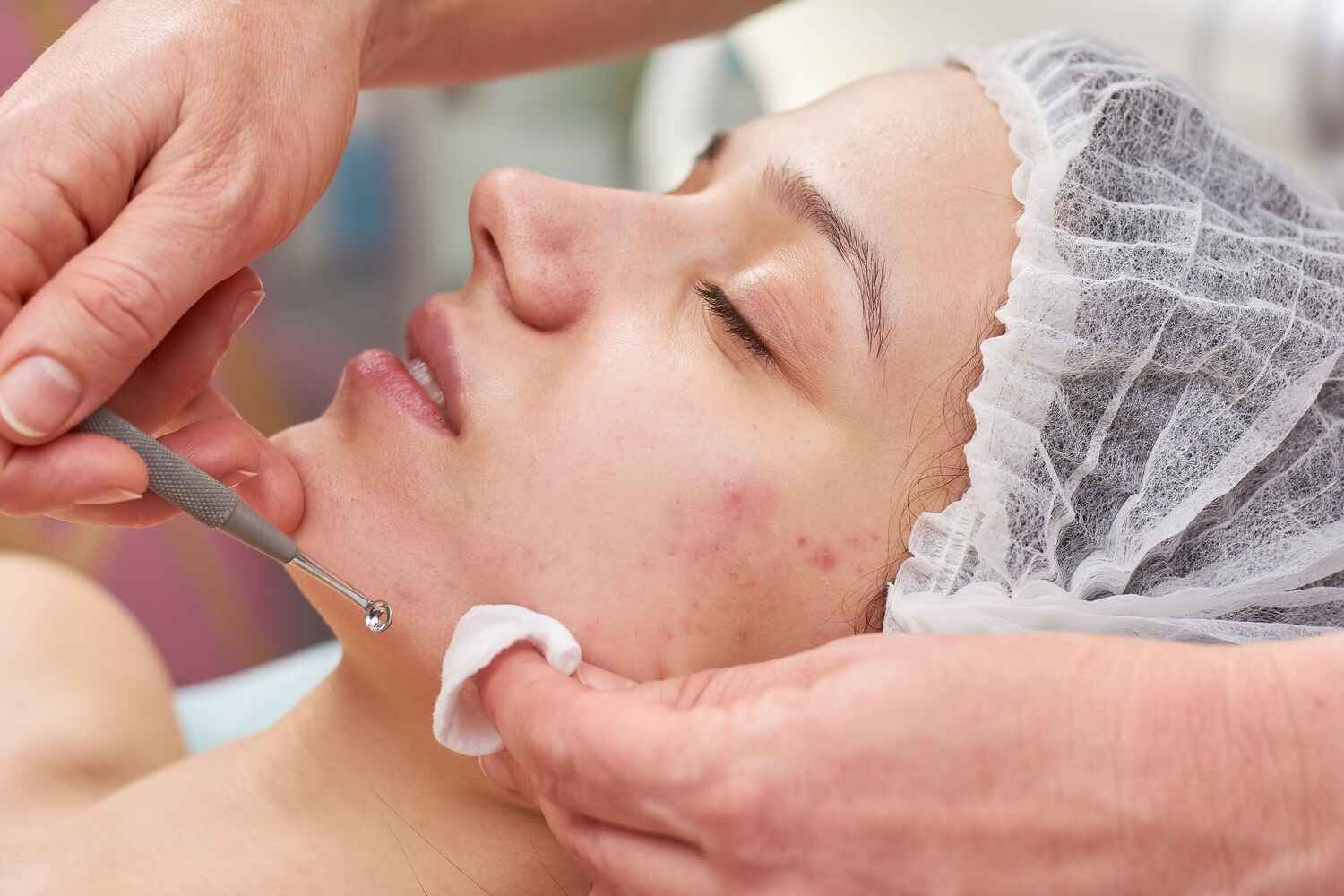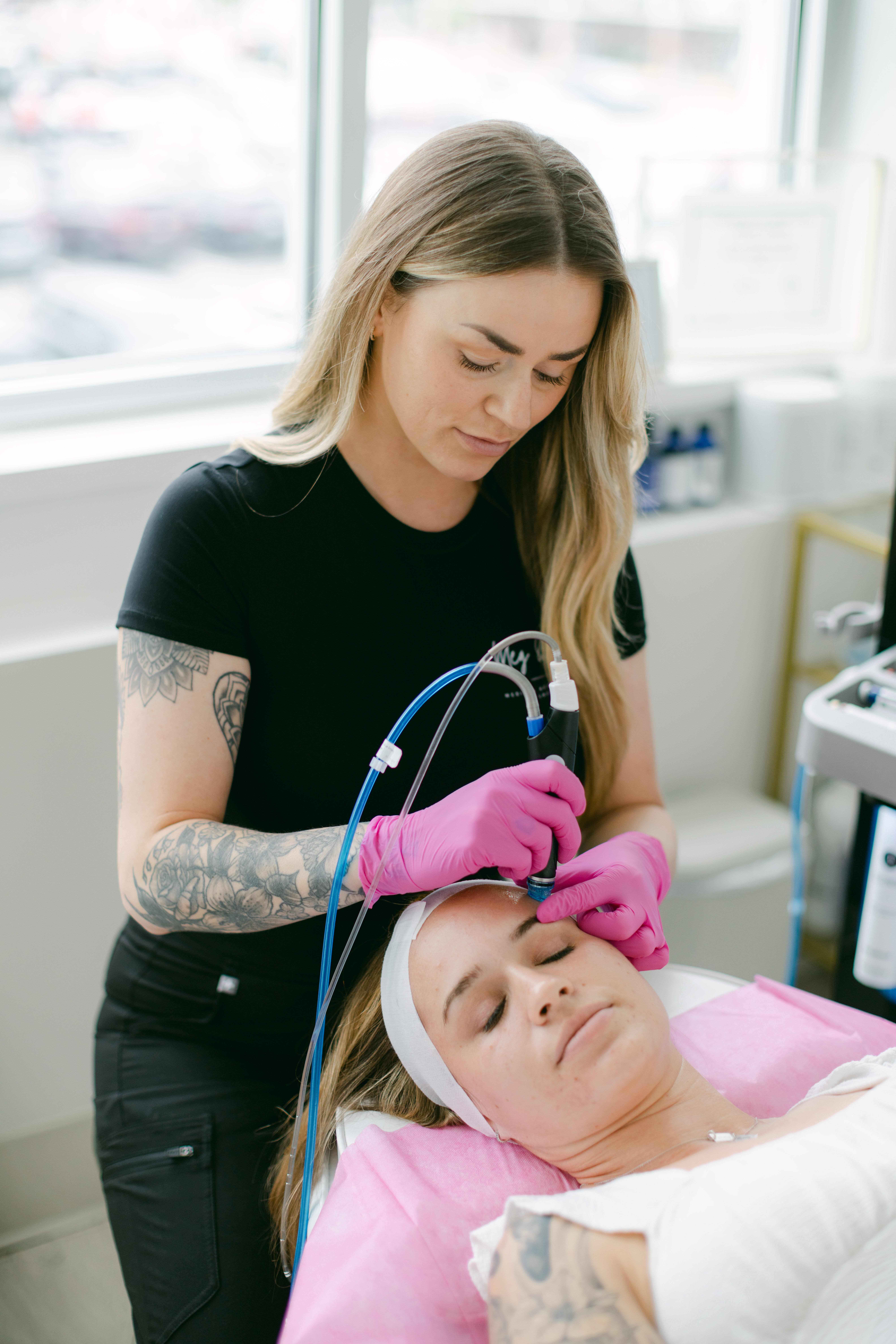Acne Treatments
What Is Acne and What Causes It?
Acne is a chronic skin condition arising from hair follicles clogged with sebum oil (meant to protect skin and keep it hydrated) and dead skin cells. Often the vulnerable skin already inflamed due to the clog can become infected, making the clog and the inflammation even worse.
More About Acne
So many topical acne treatments leave your skin very dried out and uncomfortable and don’t seem to work for long because they tend to remove most of the sebum oil in the skin. This often results in the over-production of sebum oil to replace the lost oil, worsening the problem. Many teens have noticed this pattern as their acne keeps coming back, often worse than it was before from over-the-counter topical treatments.
Acne affects about 20% of the population at any given moment and is most common among adolescents; however, adults can continue to experience acne indefinitely if they don’t receive treatment of some type. Though we don’t often talk about it, women are statistically about three times more likely to suffer from acne than men.
What Causes Acne?
There are a lot of factors that affect acne. Here are the main factors we see in practice.
- Genes
If you’re pre-disposed to producing excessive sebum oil, you’ll likely experience serious, chronic acne.
- Diet
Some foods are known to increase acne, though which foods are a trigger for an individual varies.
- Environmental & Lifestyle Factors
Exposure to excessive pollution, high stress levels, lots of sweating (especially when wearing fabric that doesn’t breathe), and not getting enough sleep have all been linked to acne.
- Makeup
Using cosmetics not formulated to be non-comedogenic can clog pores and cause acne flare-ups. This is one reason that women statistically experience more acne than men.
- Medications
There is a range of medications that are known to cause acne. Specifically, birth control (progestin) pills commonly cause acne, another reason women tend to experience more acne than men.
- Hormonal Shifts
The hormonal shifts accompanying periods and pregnancy can sometimes trigger an acne flare-up.


What Are The Types Of Acne?
There are many different specific presentations of acne that occur. They vary in both severity and regularity and may require different types of treatment. The following list is roughly organized from lowest to highest severity.
Blackheads and Whiteheads
These are common and typically less serious presentations of acne. Medically, we refer to “blackheads” as closed comedones and “whiteheads” as open comedones. These presentations are non-inflammatory and don’t typically result in any acne scarring.
Papules
These occur when a whitehead or blackhead gets worse and is inflamed. The irritation of the acne spreads to the surrounding skin and causes tiny red bumps to press up into your skin; these are called papules. While these can be tender and swollen, they don’t usually lead to acne scarring.
Pimples and Pustules
These are the classic, dreaded hallmarks of bad acne. Medically, the difference between Papules and pustules is largely one of magnitude. There’s typically a circular area of pink or red irritation surrounding the central pimple filled with pus. These can easily result in scarring if improperly dealt with.
Nodules
These are more severe and deeper. Acne nodules are painful to the touch and often leave discolored skin and/or acne scars behind.
Cystic Acne
This type of acne is defined by red or white pus-filled lumps that are large, soft, and painful. These form even deeper than nodules and are the most extreme form of inflammatory acne. These very frequently cause acne scarring.
Treatments Available At
Meg & Co.
LaseMD Ultra Skin Resurfacing
The LaseMD ultra skin resurfacing is one of the most powerful methods for clearing acne from anywhere on your body, including all the typical problem areas, such as the face, back, and chest. This powerful treatment can be effective with a single session.
Carbon Laser Facial
The carbon laser facial has become a staple of Hollywood beauty care for a reason: it’s one of the best cleansing facials available, resulting in less excess sebum oil, tackling the cause of acne, not just the symptoms.
Hydrafacial
The patented Hydrafacial system is designed to simultaneously remove excess oils and deeply moisturize your skin with custom nutrient serums that deeply infuse your skin with the various healthy vitamins and minerals needed to get the results you want.
Safety Considerations
With laser treatments, like the carbon laser facial, it’s important to protect your skin from excessive sun exposure for several days to a week with sunblock and/or protective clothing to ensure quick and proper healing. Hydrafacials have a handful of contraindications, so make sure to discuss them with your technician when you schedule or when you arrive before your treatment.
Maximizing Results
For best results, maintenance cleaning treatments are suggested to improve and maintain results. Both Hydrafacials and Carbon laser facials are very safe and can be combined in a single visit for even greater results.

FAQ
Is A Whitehead Or Blackhead Considered Acne?
Yes! Whiteheads and blackheads are the least serious form of acne and are very common. Thankfully this type of acne very rarely results in scarring, though they are quite unsightly when they crop up.
What Types of Acne Result in Scarring?
Any acne can result in scarring, but it’s progressively more common for more severe acne to cause scarring. Scarring is pretty common with pustules, nodules, and cystic acne.
